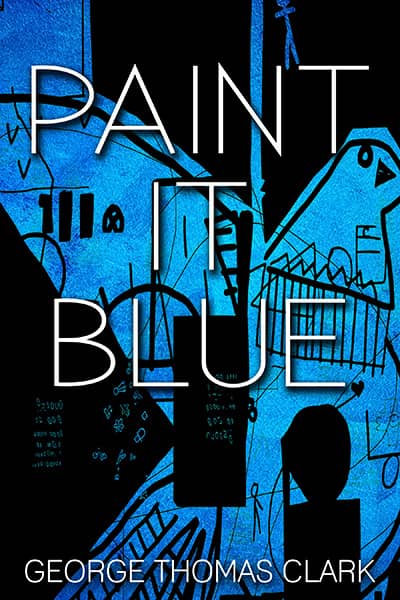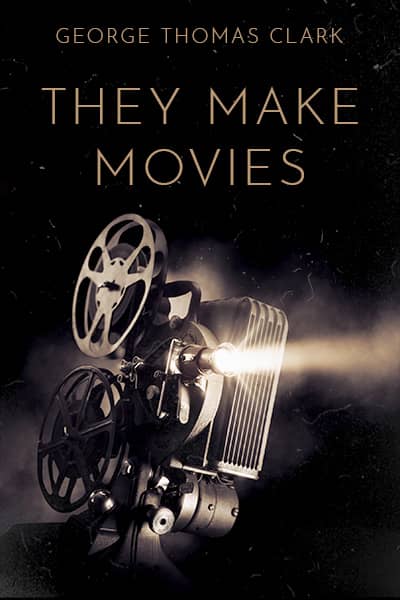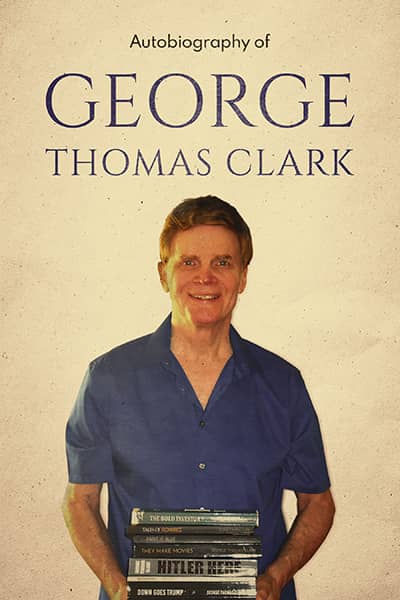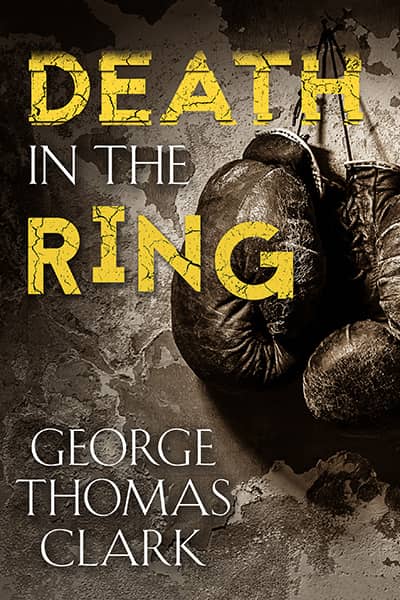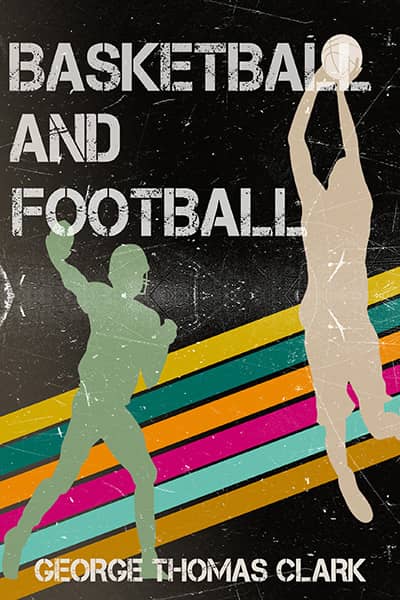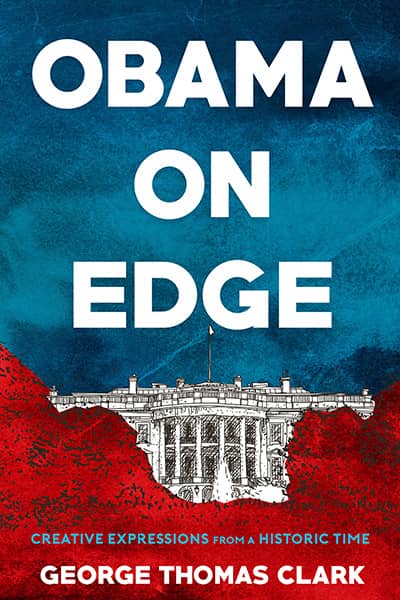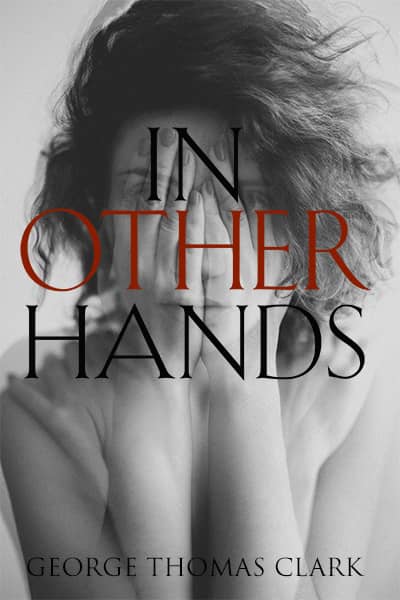Poverty and Kidnapping in a Luxury Theater
August 17, 2005
You’re weary of suburban cineplexes and their silly car-crash-and-explosion movies with banal characters you watch while eating eternal candy, popcorn, and hot dogs. You want a different movie experience. Where do you go? Get online and read about the ArcLight Theater. Its location is certainly enticing – Sunset and Vine in Hollywood, still the epicenter of cinematic endeavor. Go on down there. Don’t be a suburban slug. Grind through traffic on the Hollywood Freeway or, if you’ve studied the map, take surface streets. Crawl with cars on Sunset, east of the freeway, and run a light just turned red and pray that cop is speeding toward you for another reason. He is. He zooms around, heading for excitement.
You’re going that way too. Moving west on Sunset you leave the new old L.A, land of the working class and immigrants and the poor, and you begin to feel the change, and suddenly you see it. Spotlights illuminate the horizon and soon you’re driving by hundreds of people crushing the sidewalk in front of a huge domed theater. By god, this is really it – a Hollywood premiere, live. You’ve seen these things on TV. You’ll know how to act. First, though, you’ve got to find a place to park the car. Maybe that’ll be impossible.
None of those uniformed valets is going to fool with your small old car flawed by an oxidized hood. You start steering around the block. There aren’t going to be any spaces on the streets. The Hollywood hotshots already have those so you grab your computer printout about the theater. Of course, that massive structure next door is for parking. There’s an entrance, and attendants are motioning you in. They wouldn’t do that if there weren’t spaces, would they? You drive through and around one, two, three, four, five, six stories to the seventh, the uncovered top of the planet. There are openings. You’re going to the premiere.
You’re not scared. You exercised this morning and napped in the afternoon. Those celebrities couldn’t have done any better than that. After riding down the elevator with fellow non-stars, you stride to the entrance to lights and action. Your pass, please, says a guard. Don’t have one of those, just want to look around. No, he says, can’t do that but you can go out front and look from the sidewalk. More guards there tell you to come no further. Some actresses with long hair and short skirts and glowing makeup are having their still and moving pictures taken. They’re smiling, and male groupies in their thirties are shouting Ms. So and So, will you please sign this scrapbook or that CD of an earlier movie. They’re ignored.
What’s this picture, anyway, you ask? “The Forty Year Old Virgin.” That sounds pretty good, but you’ll have to watch it with a different crowd. You’re here to see another movie, anyway. You walk toward the cineplex next door. It’s definitely different. This whole complex is. There’s glass everywhere high and low. Way up in another building, across the plaza, you see a gymnasium and people jogging on treadmills. On the first floor there’s a large room full of pastries and other goodies for guests at the premiere. Walking around you also see a tanning salon and a high-end health food store where, out front, more glistening actresses grin for the camera. Those were actresses, weren’t they? Let’s assume so.
Better rush in and buy your ticket for the vigorously promoted movie from Venezuela. Maybe it’s already sold out too. No, they hand you a ticket for a reserved seat, the only kind at the ArcLight. And the theater menu offers more than popcorn and candy. Is it lamb and beef or beef and pork? It doesn’t matter. It’s exotic movie fare. Besides, after the show you can stop by the lounge, even though you don’t drink anymore. Stop by and check it out, then head for the cafe. It’s right there, with booths and tables and eager waiters, the works. After dining you’ll doubtless step over to the gift shop and examine lots of fancy items, especially large books with glossy photos of the stars.
No time now. Not long until showtime. The theaters are on two floors. You’re directed to the second. Forget the elevator. Gallop up those steps two at a time. You’ll want to see this theater. The screen’s very large though perhaps no larger than you’re used to. But it looks larger. It therefore effectively is. And the seats are crafted for comfort with immobile arm rests leading to a home contoured for your body and extended on top in another shape for your head. You’re big-time seated now. And the usher, casual and polished, is speaking to you. Please turn off your cell phones and don’t talk during the movie, he says. Also, he promises to stay awhile to make sure the picture and sound are clear, and he’ll periodically check in to ensure quality is maintained.
The sound is very good indeed. It’s loud. It’s inviting. You’re on the move in Caracas at five a.m. “Secuestro Express” is taking you there. A dashing couple, dressed for affluence, is nightclubbing and it’s time to leave. The beautiful girlfriend, played by Mía Maestro, wants to rush home to bed. First, though, they need some drugs. In their luxury car she smokes pot. He goes out and gets some coke and returns to begin snorting it. But they’re being watched in paradise. Four homegrown kidnappers – there are many in this poor city surrounding the rich – have already decided not to nab another couple that entered an unimpressive car. This new pair is the prize. Cursing and threatening, the thugs point guns and pounce. Unstable-hand-held cameras capture the terror and disorientation.
The kidnappers are going to kill the callous couple who happened to be born affluent. How dare they live well when others don’t? That’s why they’re hated. The boyfriend is pistol whipped. The lady is slapped around and threatened with rape and death. Cell phone calls are placed to their respective fathers. Get forty grand together fast and don’t tell anyone or your kid is dead. We’ll call you. There’s a lot more cursing, the lingo of rage from the Caracas ghetto. The poor have got the rich where they belong now. Degradation is irresistible. They go to a drug dealer’s luxurious home and pummel the girl. Her boyfriend intervenes and is bashed with more pistols and fists. Then the girl is hauled away, and it’s revealed her boyfriend is a former intimate of the gay drug dealer and they reminisce (in vertical positions, no less) until the lady and her captors melodramatically walk in on the frenetic scene.
The once brave and selfless boyfriend is taken to a public square where he announces to his single captor that he’s free now, no way to stop him, and to go ahead and kill his woman. This diametrical shift in character is difficult to accept, and so is his decision to call a taxi to hide him in the hills – instead of summoning the police. There’s cinematic justice, however, as the taxi driver is also a kidnapper who takes the treacherous fellow outside the city where hoodlums play Russian roulette until there’s a bullet in the chamber. Back with the girlfriend, the crudest of the kidnappers appears ready to finally snap, then rape and murder the lady. It doesn’t matter her father has already delivered most of the money.
Fear and confusion never relent. That’s what it’s like, says twenty-seven year old director Jonathon Jakubowicz. He was once kidnapped and held a short time while his abductors devoured bank accounts with his ATM. His conclusion, as well as the movie’s: “Half the world is starving, half the world is obese. Fight the monster or invite him to dinner.”

